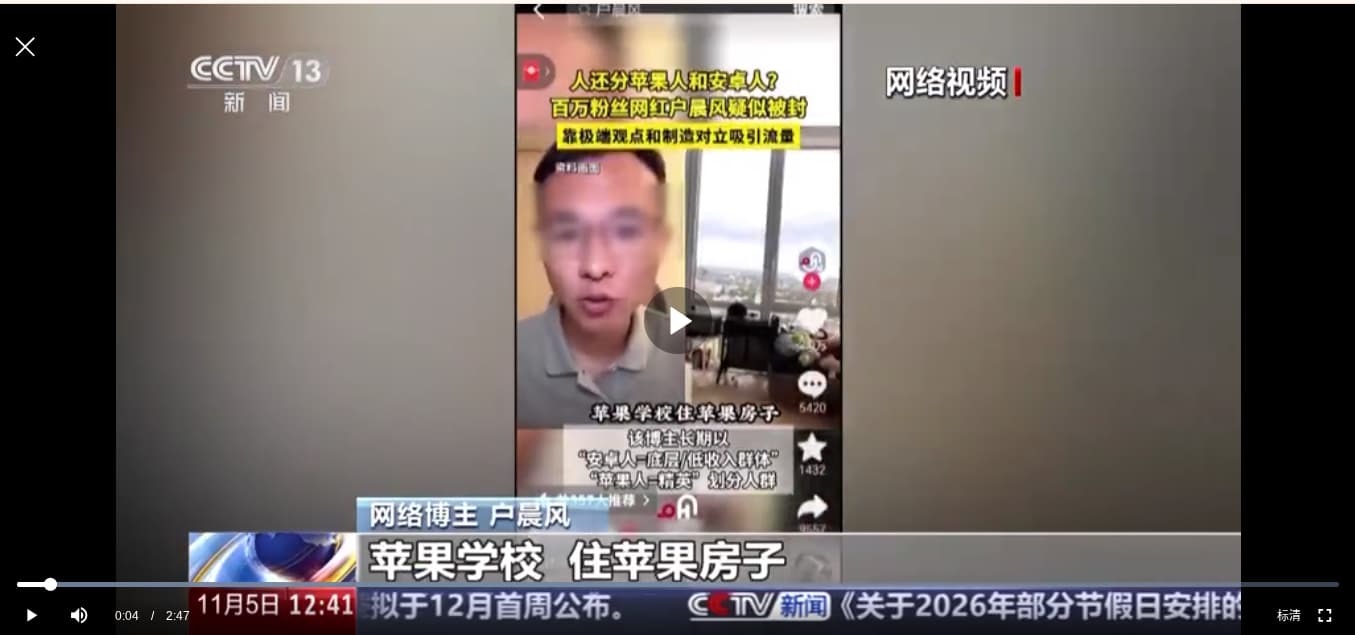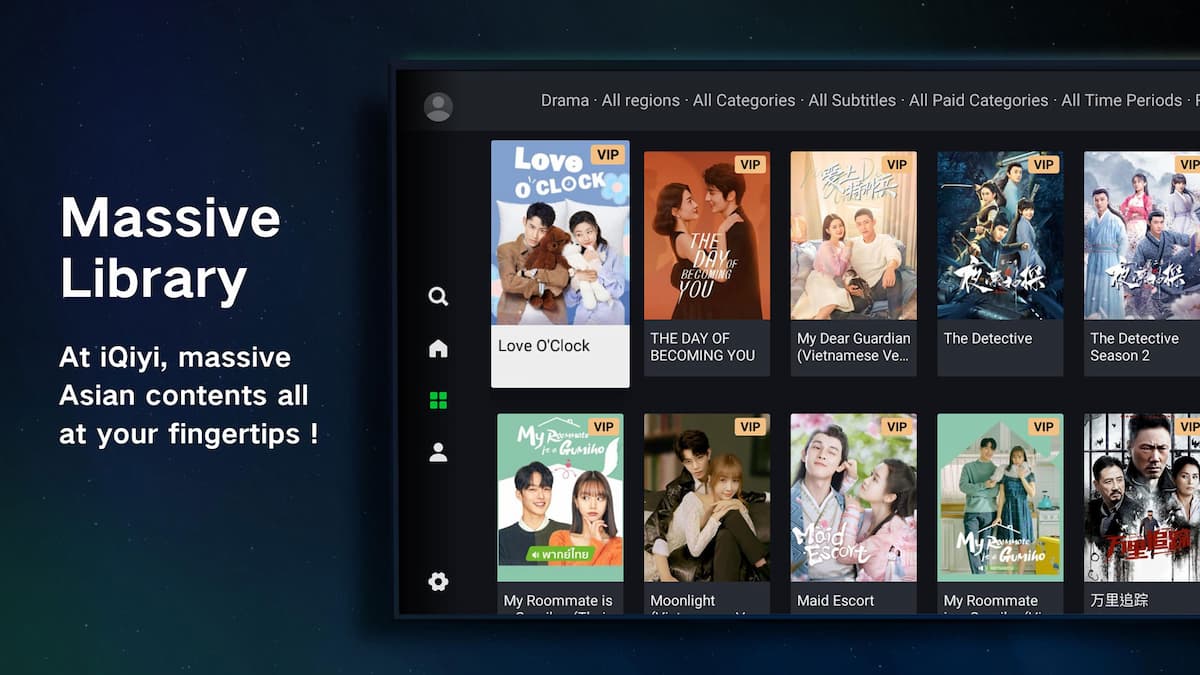LayarHijau – Hu Chenfeng, a Chinese influencer with millions of followers, recently had his accounts permanently deleted across multiple social media platforms. His content comparing iPhone and Android users sparked controversy, as it highlighted social differences and generated widespread debate online.
In his videos and livestreams, Hu portrayed iPhone users as upper-class individuals, with lifestyle markers such as driving a Tesla or shopping at large supermarkets. Meanwhile, Android users were depicted as a different social group, often buying local products and shopping at traditional markets. Experts note that these stereotypes appeared to be a strategy to attract attention, increase followers, and monetize high traffic.

Media analysts point out that this case illustrates the complexity of content regulation in China. “The deletion of these accounts highlights how social media platforms must balance user creativity with their responsibility to maintain social order and comply with government regulations,” said a digital communications specialist. In other words, account removal was not only about controversial content, but also about how platforms enforce rules consistently under government oversight, preventing content that could provoke social division from spreading further.
As of September 20, all of Hu Chenfeng’s content had been removed and his accounts permanently deactivated. However, the topic resurfaced on Weibo on November 5, as netizens discussed the iPhone vs Android content controversy and public reactions to the account deletion. The case sparked broader debate about the limits of freedom of expression, the role of influencers in digital society, and the impact of government regulation on platform operations in China.





















